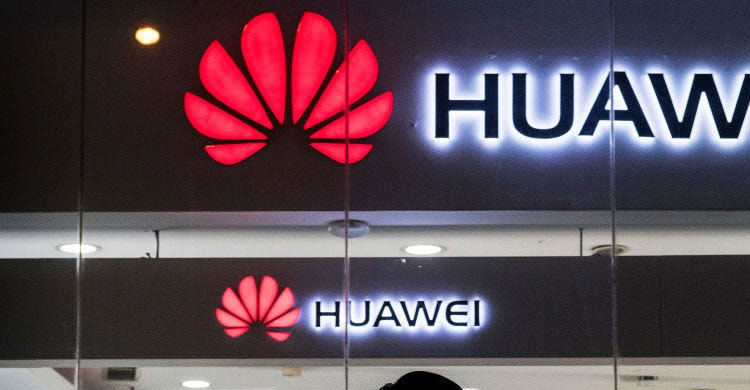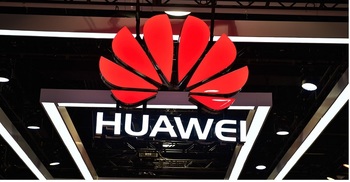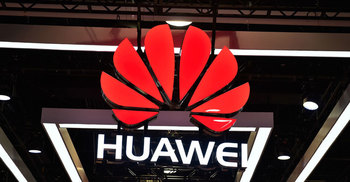Huawei fears it may be excluded from Poland's 5G network

Poland’s planned criteria for assessing the risk of telecoms equipment providers are political and may be aimed at excluding Huawei [HWT.UL] from developing the country’s 5G network, the Chinese company said on Wednesday, reports Reuters.
The United States says Huawei’s equipment could be used by the China for spying - an allegation denied by Huawei and Beijing - and has pressed its allies to ban the company.
On Tuesday, Poland published a draft cybersecurity law, giving interested parties 14 days to comment.
The law says vendors will be divided into four groups depending on their potential threat to Poland’s cybersecurity based on criteria such as whether the supplier might be influenced by a country outside the European Union or NATO, or whether their home country respects human rights, among others.
“The criteria that are proposed ... are political, they are not measurable, they are not transparent, they are not objective,” Ryszard Hordynski, strategy and communications director at Huawei Polska, told Reuters.
“If we consider where politically something may not fit, since there are three 5G suppliers in Poland, then probably we can actually talk about our company, but I hope that this will not happen,” he added.
The bill says telecoms operators would not be allowed to buy new equipment from suppliers seen as “high risk” and would have to replace existing equipment from that supplier within five years. For “moderate risk” suppliers, only buying new equipment would be forbidden.
Trigon DM analyst Dominik Niszcz said in a note that Huawei was likely to be classified as a “moderate risk” vendor, meaning operators would not be able to buy new supplies from it, but would not have to replace 4G equipment.
Play, Poland’s biggest mobile operator whose network relies heavily on Huawei equipment, and Cyfrowy Polsat said they needed to analyse the draft before commenting on it, while T-Mobile was not immediately available for comment.
Orange Polska criticised the proposed deadlines for decommissioning infrastructure, saying they were much shorter than in other countries.





